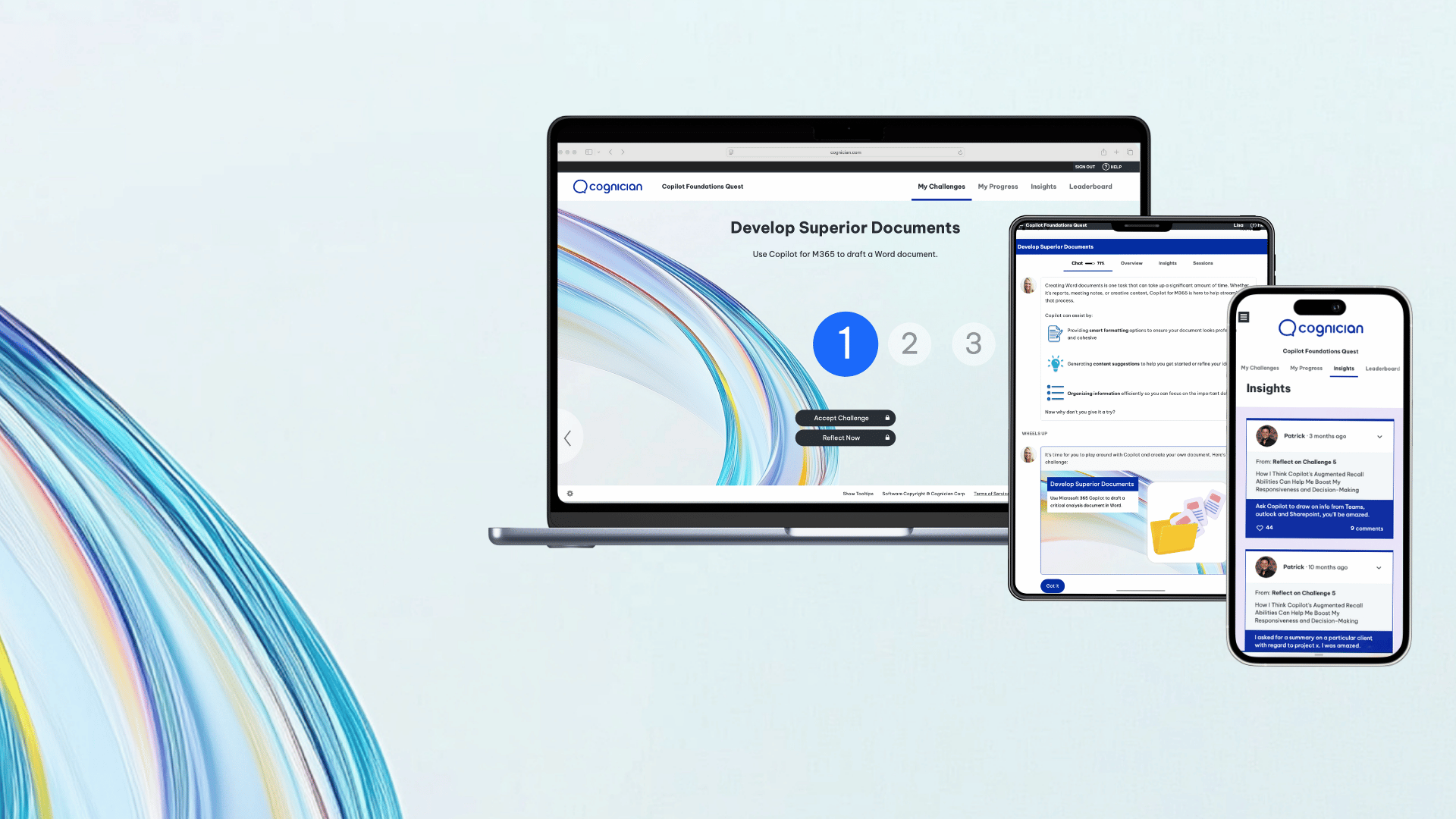Debunking performance review myths and breaking down why real-time feedback is the future of performance.
Performance Reviews Are Due for Disruption
Traditional performance reviews aren't just outdated, they're often ineffective. Instead of driving growth, they can demotivate employees, delay development, and waste valuable time. As expectations around performance and engagement evolve, it's clear that once-a-year evaluations no longer meet the needs of modern teams.
Let's break down five common myths that are keeping organizations stuck and explore what actually drives meaningful performance.
Myth #1: Annual Reviews Offer a Complete Picture of Performance
Reality: Real-Time Feedback Captures What Reviews Miss
A once-a-year snapshot can't reflect the full scope of an employee's contributions. Opportunities for growth are lost when feedback is delayed for months.
In fact, key findings on the impact of regular feedback show that employees who get weekly feedback are 2.7 times more likely to be engaged, 3.2 times more likely to feel motivated, and 5.2 times more likely to find feedback meaningful.
Frequent feedback fuels agility and allows for timely course corrections that annual reviews simply can't provide.
Myth #2: Formal Reviews Drive Motivation and Improvement
Reality: They Often Demotivate and Disengage
Many organizations assume that formal reviews inspire better performance. But research shows that only 14% of employees say their annual review motivates them to improve.
Traditional reviews tend to emphasize judgment over growth. In contrast, bi-weekly check-ins and development-focused conversations build trust and keep employees actively engaged.
A continuous approach turns feedback into a driver of progress and behavior change, not a source of stress.
Myth #3: Annual Reviews Are More Efficient for Managers
Reality: They're a Hidden Time Sink with Low ROI
While annual reviews may seem efficient because they happen only once a year, the time spent preparing, writing, and delivering them adds up fast.
Gallup estimates traditional performance reviews cost large companies between $2.4 million and $35 million annually in wasted time, with limited impact.
By integrating feedback into routine workflows, organizations reduce the burden, spread out the effort, and gain better insights without the end-of-year crunch.
Myth #4: Performance Reviews Are Fair and Objective
Reality: Bias Distorts Traditional Ratings
Organizations often trust that structured reviews are impartial. But data shows otherwise.
Research has identified the idiosyncratic rater effect, where evaluations are more reflective of a manager's personal biases than an employee's actual performance.
Continuous feedback, especially when sourced from multiple peers and stakeholders, provides a more accurate and equitable view of contributions and potential.
Myth #5: Reviews Work the Same in Remote and Hybrid Workplaces
Reality: Distributed Teams Need Frequent, Digital Feedback
In remote and hybrid environments, traditional reviews simply don't fit. Without daily visibility, employees can feel unseen or undervalued.
The effect of remote work on feedback processes is becoming increasingly clear: Remote workers are more productive when they receive regular feedback.
A digital-first, continuous feedback system ensures that all team members – regardless of location – receive timely recognition, support, and the guidance they need to flourish.
The Path Forward: Continuous Feedback Systems
Forward-thinking companies are replacing outdated reviews with continuous performance management. This includes:
- Short, frequent feedback moments (daily or weekly)
- Two-way and 360-degree input – not just top-down
- Real-time analytics to spot trends and course-correct early
- A focus on coaching, growth, and alignment – not just ratings
According to data from Gallup on employee engagement and feedback, employees who receive regular feedback are three times more engaged than those who receive it annually. The future is flexible, people-centered, and powered by feedback.
Tools like Cognician's Feedback Focus Quest help to embed daily feedback habits through structured challenges and real-time analytics – activating a feedback culture, boosting engagement, and driving sustained behavior change.
Want to activate meaningful performance in your organization?
Let's talk about how the Feedback Focus Quest can help your team thrive.



.png)

